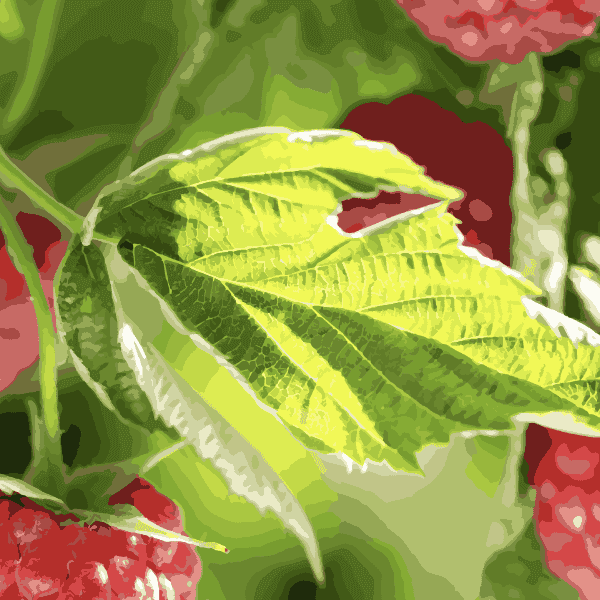
Raspberry Leaf {Organic}
Red Raspberry Leaf is a pleasant-tasting leaf from the superfood raspberry bush. It is rich in antioxidants, anti-inflammatory, may support uterine health, and is often consumed during a healthy pregnancy. Typically, it is used in infusions and as a tasty tea, but it can also be found in capsules, extracts, and tinctures.
You might need raspberries if . . .
- If you are feeling bloated
- You are feeling like you are confused or have a lot of brain fog
- If you are feeling like you are irregular
- You are pregnant
- You want to increase your nutrient intake
- You have PMS symptoms
- You have morning sickness
- You are starting menopause
- You are female
Benefits of Raspberries
- High antioxidants help with brain and mental health, leading to increased mental clarity and focus.
- Anti-inflammatory
- Support a healthy gut microbiome
- Strengthens the uterus for labor
- Helps with nausea and vomiting in early pregnancy
- High in nutrients
- May reduce menstrual cramping
- Promotes uterine health through all stages of life
Common Ways to use Raspberries
Raspberries are commonly used as a food. They are often eaten fresh, frozen, dehydrated, or freeze-dried. Their seed powder even makes a great exfoliatant! Raspberry leaf can be found in capsules, tinctures, and teas.
🌿Try making herbal extractions like this hormone-balancing tea! ← 🟩 DIYs, recipes, and more!
Growing and Foraging Information
Growing—Start with one-year-old raspberry canes from a reputable nursery. Plant them in the early spring once the ground thaws out and can be worked. Be sure to plant potted starts in the spring after the threat of frost has passed. Annual pruning is necessary, as shoots only bear fruit for two years. Please make sure they are well-fertilized.
Harvesting- All varieties will begin to produce fruit in their second season. In some cases, ever-bearers may bear small berries in their first autumn. In early summer, berries will ripen over about 2 weeks. You will need to pick berries every couple of days! Try to harvest berries on a sunny day when they are dry. To harvest, gently pull raspberries away from their central plug once they’re richly colored. They should come away quickly. Don’t tug too hard on your raspberries when picking. A ripe raspberry should soon be removed.
Safety Concerns
Drug Interaction: If you have any health concerns or are taking any prescription medication, please consult with your healthcare provider before adding new herbs to your diet.
Breastfeeding and Pregnancy: There are no known contraindications for breastfeeding and pregnancy.
Other Concerns: There are no concerns, as this is a common fruit of choice. Please be aware of any allergies.
Select Studies About Raspberries
Bioactive Compounds and Antioxidant Activity in Different Types of Berries
The bioactive compounds in raspberries contain phenolic acids, and flavonoids, such as anthocyanins and flavonoids, tannins, and ascorbic acid. These compounds, individually or combined, are responsible for various health benefits of berries, such as preventing inflammation disorders, cardiovascular diseases, or protective effects to lower the risk of multiple cancers.
Raspberry leaf (Rubus idaeus) use in pregnancy: a prospective observational study - PMC (nih.gov)
Red raspberry leaf is well known for helping during pregnancy. When it was studied for its benefits, it was found that those who used it had less invasive labors, used less epidurals or pain relief, and had shorter labor.
It has been found that many berry leaves, including raspberry leaves, have good nutritional values. They also hold many medicinal properties as well.
Raspberry leaves have been found to have many benefits. This includes the effects on ripening the cervix and helping to get the body ready for labor.